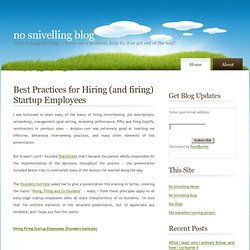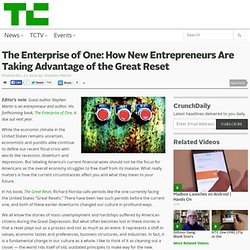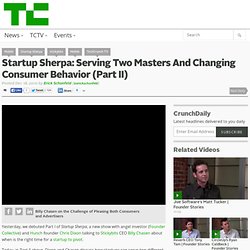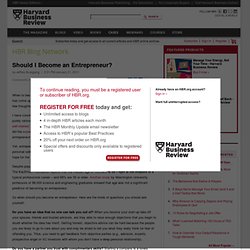

No Snivelling blog: Best Practices for Hiring (and firing) Startup Employees. I was fortunate to learn many of the basics of hiring (interviewing, job descriptions, networking), management (goal setting, reviewing performance, PIPs) and firing (layoffs, termination) in previous roles -- Amazon.com was extremely good at teaching me effective, behavioral interviewing practices, and many other elements of this presentation.

But it wasn't until I founded TeachStreet that I became the person wholly responsible for the implementation of the decisions throughout the process -- the presentation included below tries to summarize many of the lessons I've learned along the way. The Founders Institute asked me to give a presentation this evening in Settle, covering the topics "Hiring, Firing and Co-founders" -- really, I think these principles apply to all early-stage startup employees (who all share characteristics of co-founders). I'm sure that I've omitted elements in the attached presentation, but I'd appreciate any feedback, and I hope you find this useful. The Enterprise of One: How New Entrepreneurs Are Taking Advantage of the Great Reset.
Editor’s note: Guest author Stephen Martin is an entrepreneur and author.

His forthcoming book, The Enterprise of One, is due out next year. While the economic climate in the United States remains uncertain, economists and pundits alike continue to define our recent fiscal crisis with words like recession, downturn and depression. But labeling America’s current financial woes should not be the focus for Americans as the overall economy struggles to free itself from its malaise. What really matters is how the current circumstances affect you and what they mean to your future. In his book, The Great Reset, Richard Florida calls periods like the one currently facing the United States “Great Resets.” We all know the stories of mass unemployment and hardships suffered by American citizens during the Great Depression. Change certainly doesn’t come easy. This reset is particularly profound for individuals.
Today, everyone is an Enterprise of One. Photo credit: Flickr/Jennifer Konig. Startup Sherpa: Serving Two Masters And Changing Consumer Behavior (Part II) Billy Chasen on the Challenge of Pleasing Both Consumers and Advertisers Yesterday, we debuted Part I of Startup Sherpa, a new show with angel investor (Founder Collective) and Hunch founder Chris Dixon talking to Stickybits CEO Billy Chasen about when is the right time for a startup to pivot.

Today, in Part II above, Dixon and Chasen discuss how startups can serve two different masters (in Stickybits’ case, consumers and advertisers). With consumer mobile apps there is always a tension between pleasing advertisers and driving away users. It is a delicate balance. Stickybits is an iPhone app which encourages you to check into products by scanning their barcodes. Another challenge Stickybits faces is trying to get consumers to change their behavior. Startup Sherpa is more a conversation between founders that we get to listen in on than a typical interview conducted by a TechCrunch journalist. Should I Become an Entrepreneur? - Jeffrey Bussgang - The Conversation.
By Jeffrey Bussgang | 2:31 PM January 21, 2011 When to become an entrepreneur is a common quandary for many.

For whatever reason, this issue has come up a great deal recently (recession-driven workforce dislocation?) , so I thought I’d share a few thoughts that might help frame this critical decision. I have concluded that being an entrepreneur is an irrational state of being. If human beings were purely rational, evaluative, value maximizing individuals (see HBS Prof Michael Jensen’s paper on self-interest and human behavior (link PDF)), they would not start companies. Yet, entrepreneurship is not simply a rational journey.
Despite popular wisdom to the contrary, age is not a major factor in the decision to start a company. So when should you become an entrepreneur. Do you have an idea that no one can talk you out of? Do you have a partner you trust with complimentary skills? Are you prepared to endure with modest or no salary for a few years?